Posted on October 27, 2016
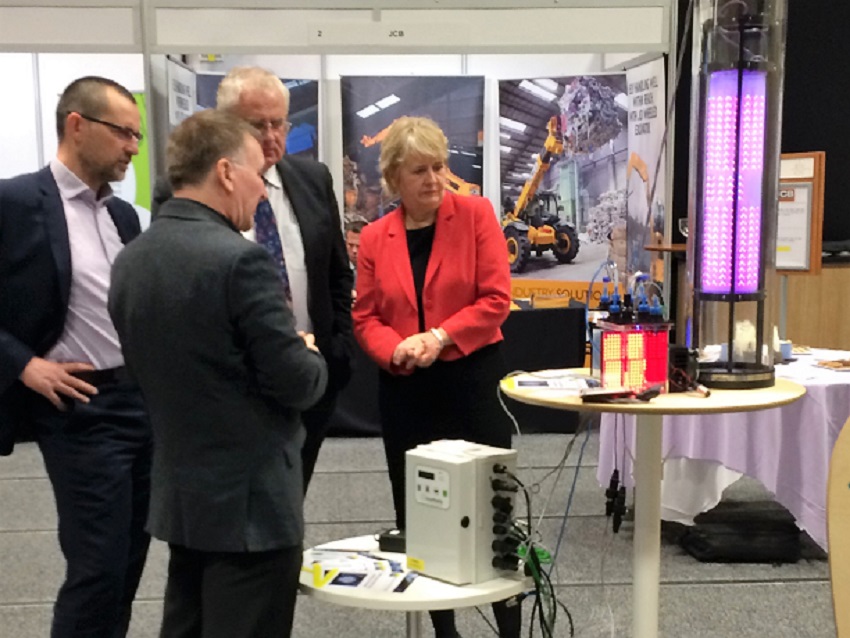
ASLEE partner representatives were delighted to be invited to exhibit at the Scottish Resources Conference 2016, in Edinburgh, hosted by Zero Waste Scotland. The conference provided an excellent opportunity to showcase the ASLEE project and to discuss the Scottish Government’s circular economy targets with world leading experts in sustainability and resource management.
A regional funding call, under the Circular Economy Investment Fund, was announced by Cabinet Secretary for Climate Change, Environment and Land Reform Roseanna Cunningham MSP. The enterprise funding is in place to encourage small or medium sized businesses (SMEs) in developing innovative ideas that demonstrate sustainability and waste reduction. Building from a successful pilot scheme, the new funding is aimed at accelerating a Circular Economy in Scotland.
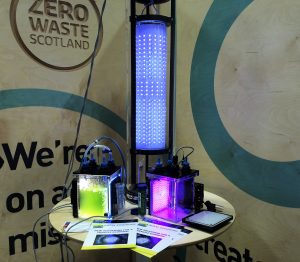
The ASLEE project is a perfect example of the circular economy as it uses resources that would otherwise be wasted (surplus renewable electricity, and potentially, waste nutrient streams and carbon dioxide gas), to create new products that enhance the value of existing industrial activities. Initially, the ASLEE project will use surplus electricity, from a Combined Heat and Power plant at Ardnamurchan, to grow micro-algae for use as aquaculture feeds. The micro-algal product will displace imported micro-algae whilst enabling the Ardnamurchan estate to overcome the problems of grid constraints and pave the way for further renewable energy developments in the future.
In addition to announcing the enterprise funding, Scottish Cabinet Minister Roseanna Cunningham took time out to chat to delegates, including ASLEE project lead partner Dr Douglas McKenzie and colleagues from Xanthella and ALIenergy.
http://www.zerowastescotland.org.uk/
Posted on October 24, 2016
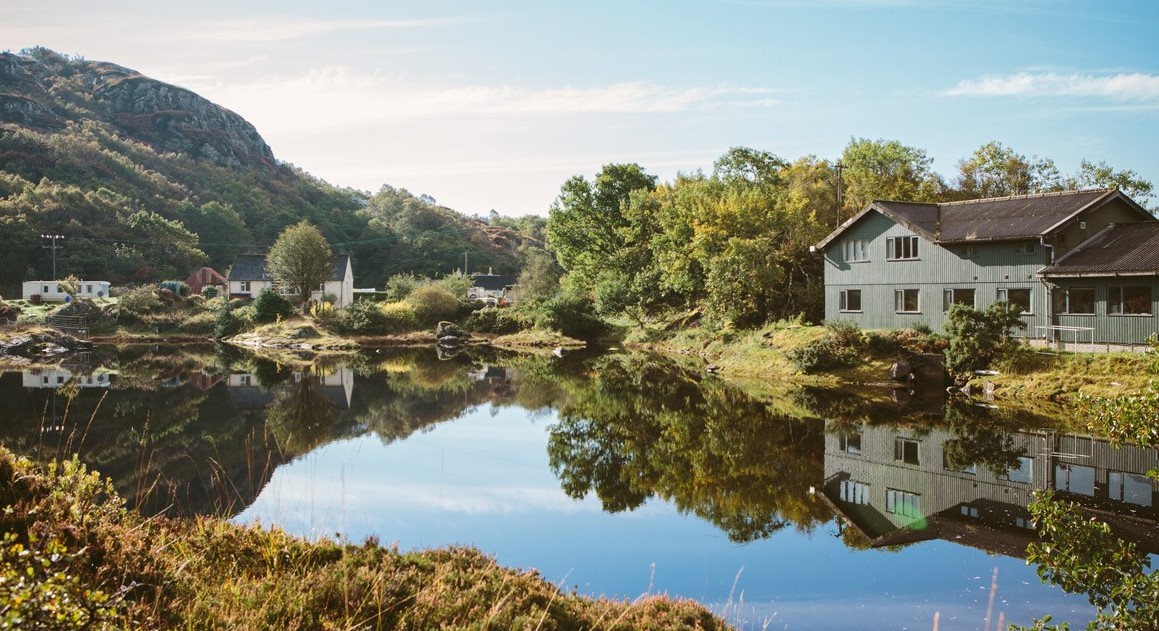
FAI Aquaculture Ardtoe Marine Research Facility is a long-established and internationally recognised facility providing both expertise on algal culturing and use of algae as feedstocks in aquaculture. Of particular relevance to the ASLEE project is the experience of largescale commercial culture of a wide range of microalgae species used within fish and shellfish hatcheries, employing a variety of culture systems.
Using the renewable energy generated locally, the ASLEE project aims to expand the algal culturing capabilities with cost-effective production of live algae. This would bring significant benefits both to the company and to the UK shellfish industry as a whole.
In addition, being based on the Ardnamurchan peninsula, the marine laboratory is ideally located to the ASLEE project demonstrator site to be built in 2017. The facility will be a potential end user of the microalgal products, both locally and more widely through its parent company, Benchmark Holdings, which has a number of other facilities that are significant users of algae.
http://www.faifarms.com/our-locations/scotland
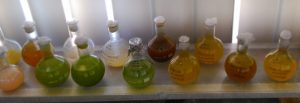
Posted on October 20, 2016
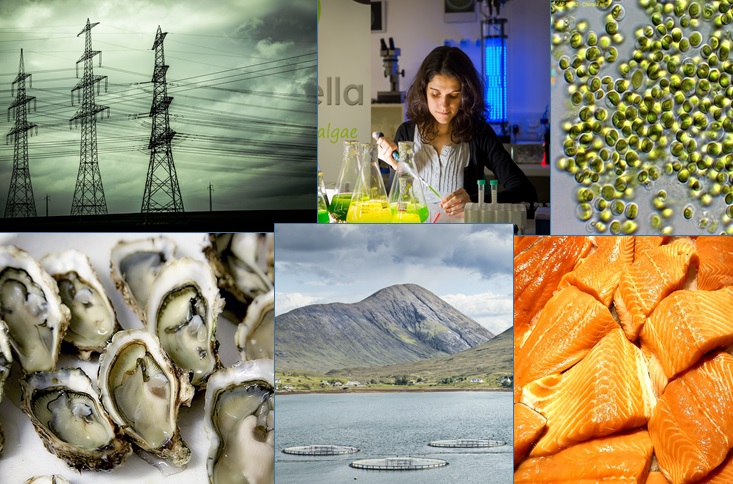
Hosted by the ASLEE project, ‘Empowering Rural Industries’ is a showcase event uniting the energy sector with innovative manufacturing and traditional rural commerce. The one day conference on March 20th 2017 will provide opportunities to engage with experts from energy suppliers, aquaculture, distilleries, government agencies and academic institutes. Sessions will highlight the integrated nature of the rural economy and how innovation can realise the potential energy resource to build sustainability, community resilience and contribute towards the circular economy.
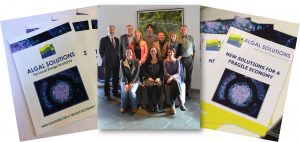
In the coming weeks looks out for news on how to register and join us for an engaging day of interactive presentations and networking opportunities!
Posted on September 30, 2016
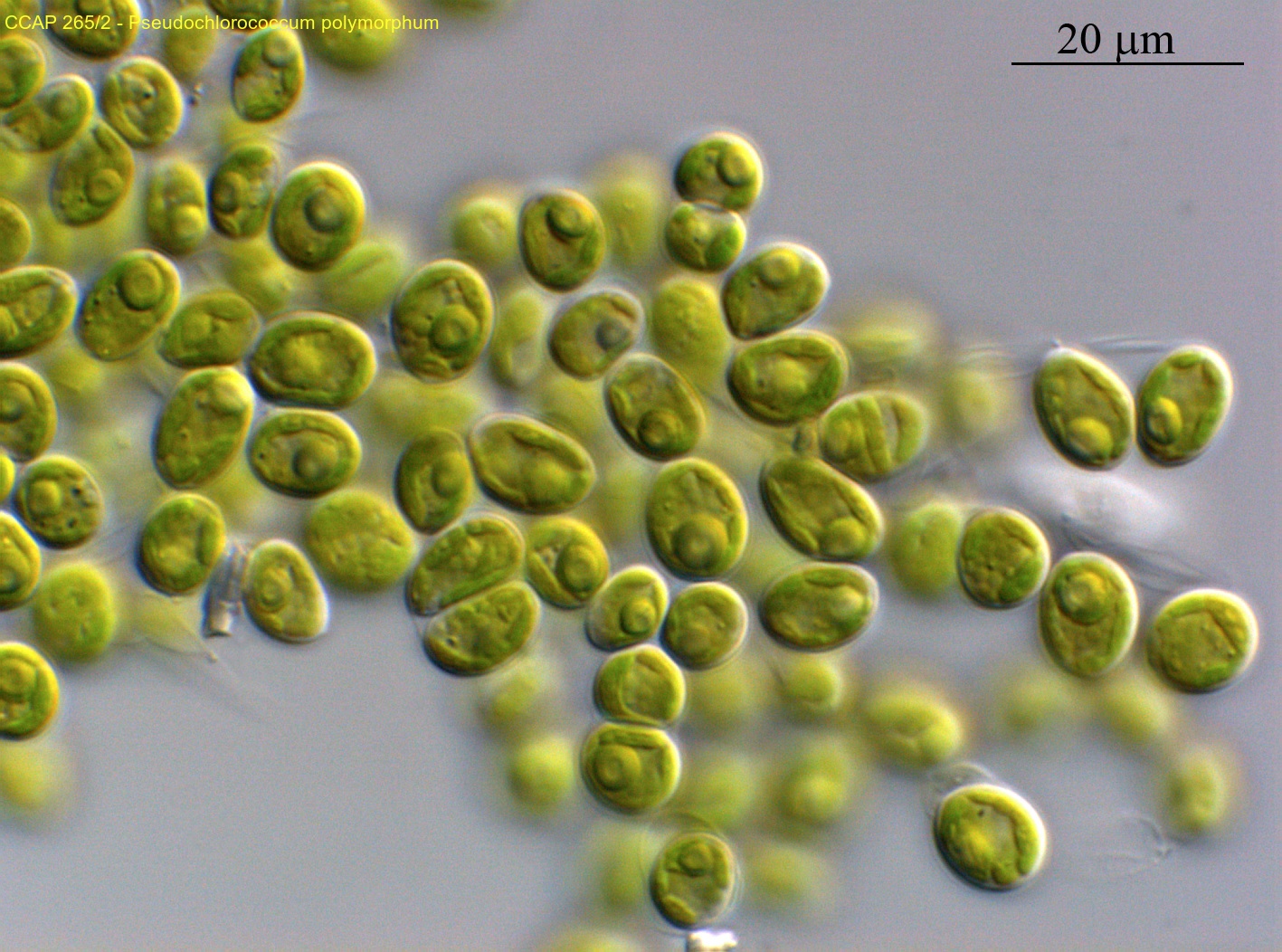
So why grow algae?
Micro-algae comprise a vast group of phototrophic, unicellular organisms with an immense range of genetic diversity. They can be cultivated under a range of conditions, meaning they can grow in often difficult agro-climatic environments. In addition, they exhibit rapid growth rates and as a result of the tremendous metabolic diversity are a resource for a wide spectrum of bio-based applications and bioactive molecules.
There is great commercial value in algal products. Current markets include speciality products and neutraceuticals, including pigments, omega-3 and -6 fatty acids, vitamins and whole algae as a health food item or for inclusion in cosmetic preparations. Due to demand exceeding supply a Norwegian health product company has recently made a substantial investment in the production of natural astaxanthin from micro-algae. The high quality product is produced by Icelandic based Algalif AS with support from Iceland’s minister for industries and innovation –http://www.invest.is/press–media/news/invest/microalgae-production/212
Other signi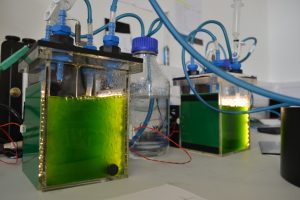 ficant areas are production of high protein algal biomass, replacement of fishmeal in aquaculture or agricultural feed, and production of material for anaerobic digestion and bioenergy. The algal production company Cynotech, based in Hawaii, has been cultivating Spirulina pacifica for many years. The microscopic blue-green alga is an excellent source of easily absorbed, high quality protein combined with other valuable biomolecules. Cynotech net sales for 2016 financial year was USD 31,568,000 – http://www.cyanotech.com/spirulina.html
ficant areas are production of high protein algal biomass, replacement of fishmeal in aquaculture or agricultural feed, and production of material for anaerobic digestion and bioenergy. The algal production company Cynotech, based in Hawaii, has been cultivating Spirulina pacifica for many years. The microscopic blue-green alga is an excellent source of easily absorbed, high quality protein combined with other valuable biomolecules. Cynotech net sales for 2016 financial year was USD 31,568,000 – http://www.cyanotech.com/spirulina.html
The increasing aquaculture market is particularly pertinent for the ASLEE project. In aquaculture systems, micro-algae can be used directly to nourish larvae, for example for shrimp or bivalve shellfish, alternatively it can be given indirectly via zooplankton to hatchery fish.
“Future for industry is green”
Posted on September 30, 2016
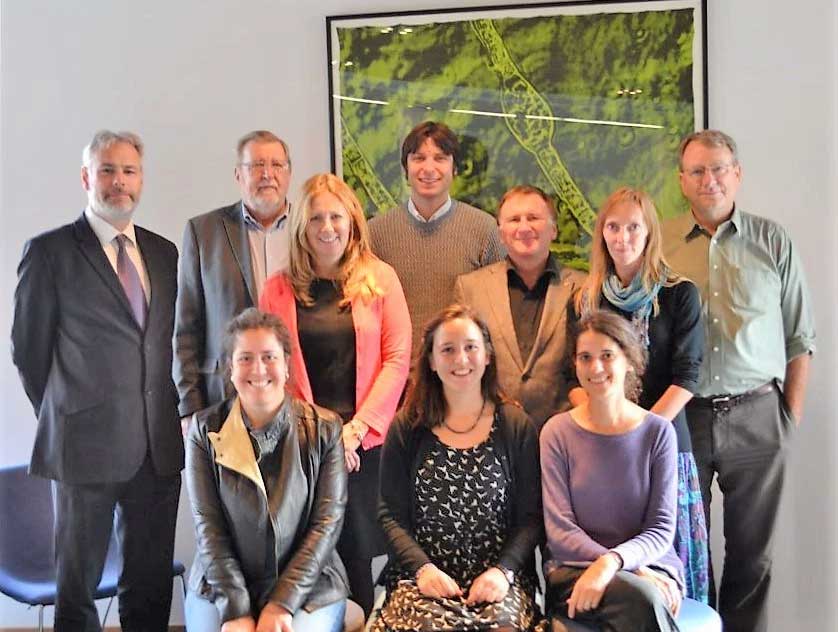
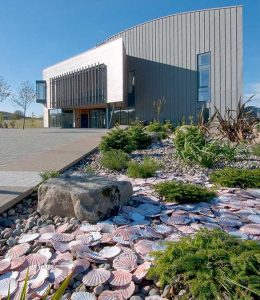
The ASLEE first quarter project meeting took place last week in glorious sunshine.
The one day event attended by representatives from the project partners was hosted by Xanthella at the European Marine Science Park in Dunstaffnage, near Oban.
It was a fantastic day of technical discussions and updates from the attendees. The meeting was also an opportunity to review and plan the next stage of the ASLEE project development.
Posted on September 21, 2016
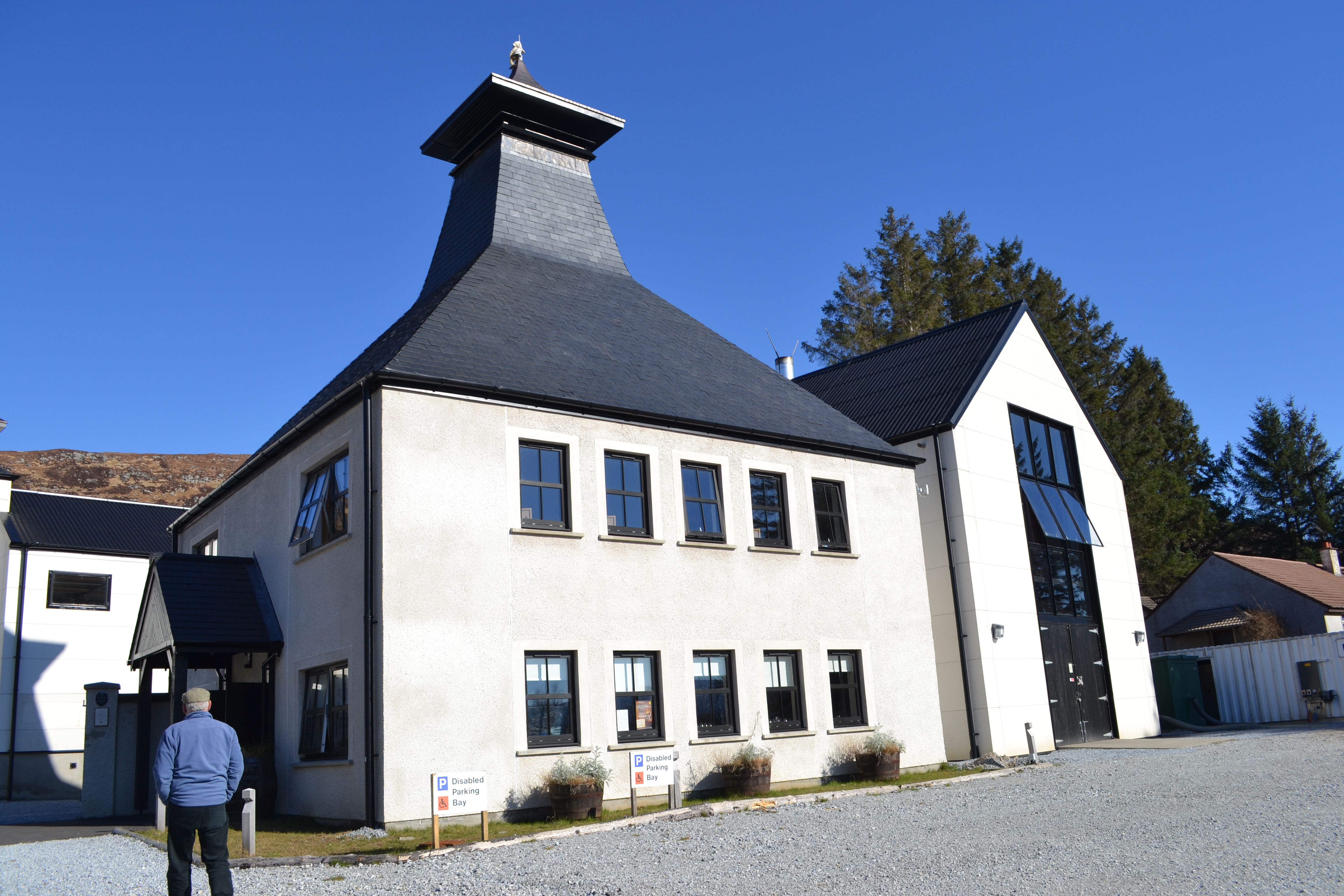
The circular ec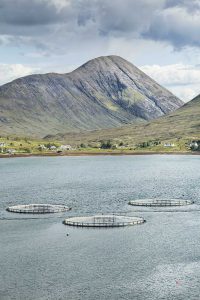 onomy is a generic term for an economic framework that is a closed system, based on complex natural cycles and systems, ultimately depleting no natural resources and producing no waste or pollution – in contrast to a linear economy, which is a ‘take, make, dispose’ model of production.
onomy is a generic term for an economic framework that is a closed system, based on complex natural cycles and systems, ultimately depleting no natural resources and producing no waste or pollution – in contrast to a linear economy, which is a ‘take, make, dispose’ model of production.
In a circular economy, energy sources and raw materials are renewable, and ‘wastes’ are recycled sustainably and indefinitely back into the system. Transition to a circular economy is essential to secure a viable and sustainable future on a planet of finite resources.
The ASLEE Project has the potential to contribute significantly towards the circular economy. Producing algae in photobioreactors using renewable energy requires four main inputs: electricity, water, nutrients and carbon dioxide. All of these can be easily sourced within a sustainable circular economic model.
The algal products have many potential uses (including pharmaceuticals, nutraceuticals and biofuels) but initially, will replace imported feedstocks from abroad for the local aquaculture industry – increasing the sustainability of locally farmed seafoods.
Posted on August 26, 2016
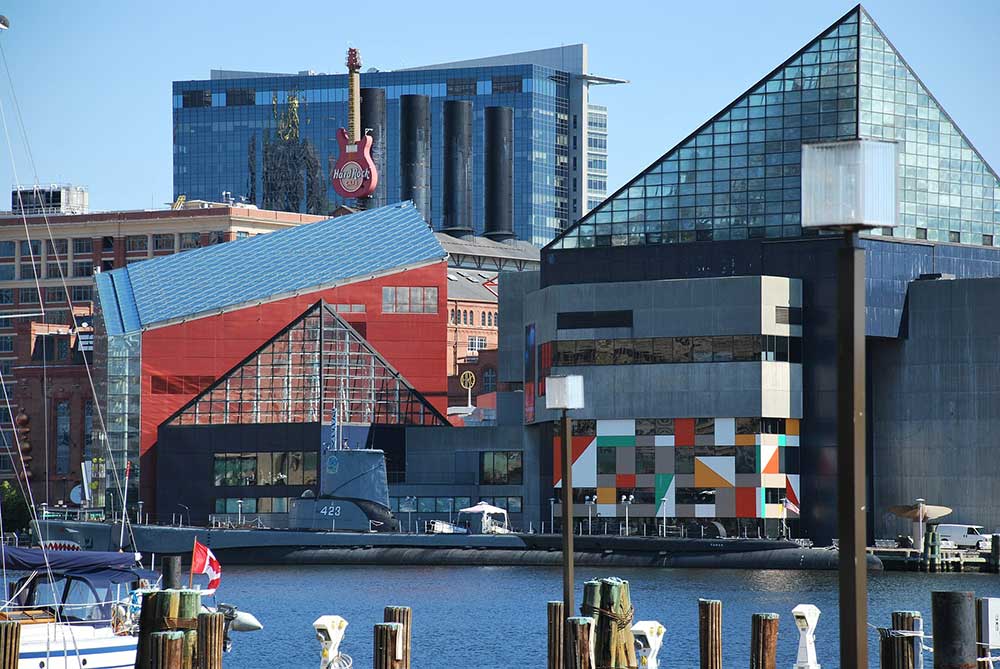
ASLEE Coordinator and Xanthella CEO Douglas McKenzie will be travelling this week to give a keynote address to over 400 delegates at the 11th International Marine Biotechnology Conference in Baltimore, USA. He will be detailing the ASLEE project in a session devoted to the commercialisation of biotechnology, and describing how micro-algae in conjunction with renewable electricity generation might be used to boost Scotland’s rural economy.

Ardnamurchan was chosen as the ideal site for the planned ASLEE demonstrator array due to be built in 2017. The area is located on the most westerly peninsula of the Scottish mainland and is remote, rural, and sparsely populated. The estate has a track record of innovation taking advantage of technology: existing renewable energy sources include wind, hydro, wave and biomass. However, further renewable energy developments are severely limited by grid constraints, despite huge potential from the area’s abundant wind, water and forestry. The ASLEE project aims to help unlock some of that potential by demonstrating the viability of a manufacturing process which takes advantage of an intermittent power supply – using it as a transactive load for demand side management and grid balancing – thereby enabling more green energy to be generated and used in the local area.
Recently the wild scenery of the area has reached the public eye in the popular Channel 4 ‘Eden’ reality TV show, which is filmed in an inaccessible corner of the peninsula, featuring a community of 23 volunteers – completely cut off from the outside world.
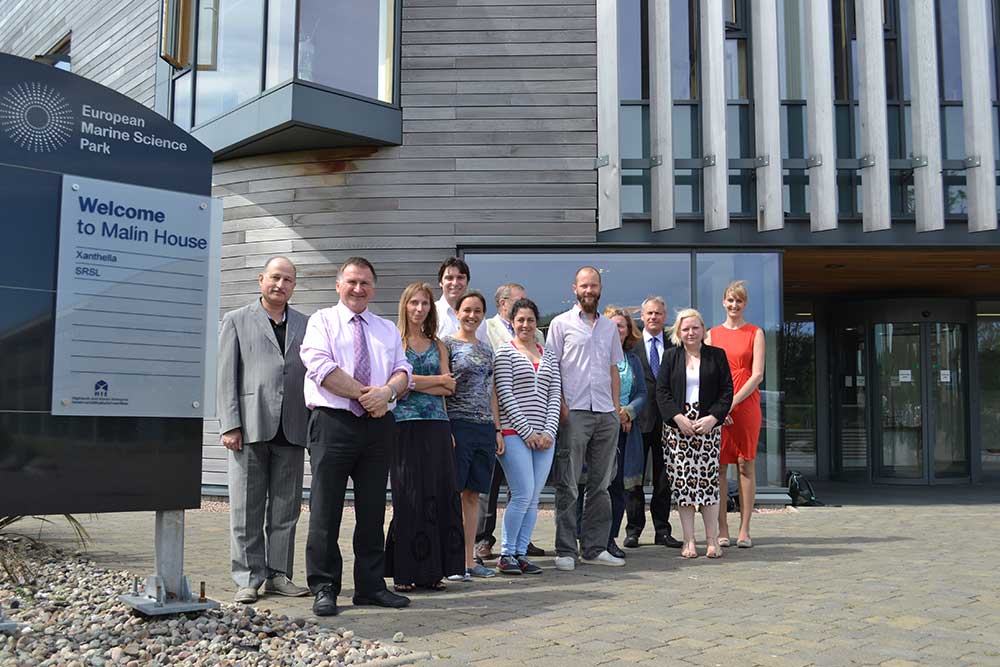
New £2M Algal Solutions for Local Energy Economy (ASLEE) Project!
Xanthella Ltd are very pleased to announce the start of a new pioneering project to bring new industry to rural areas of Scotland using renewable energy to produce high value algal products – whilst providing a grid balancing service which can overcome the problems of intermittent renewable power generation.
The £2M, two-year project is led by Xanthella and will be in partnership with ALIenergy, VCharge, University of the West of Scotland, FAI Aquaculture, SgurrEnergy, Woodland Renewables and the University of Stirling’s Marine Environment Research Laboratory at Machrihanish.
The project is one of nine chosen this year for funding by the Scottish Government’s Local Energy Challenge Fund, administered by Local Energy Scotland.
Representatives from the partner organisations and Local Energy Scotland gathered for a kick off meeting at Xanthella’s offices at Malin House, Dunstaffnage, near Oban, on Friday 3rd June









 ficant areas are production of high protein algal biomass, replacement of fishmeal in aquaculture or agricultural feed, and production of material for anaerobic digestion and bioenergy. The algal production company Cynotech, based in Hawaii, has been cultivating
ficant areas are production of high protein algal biomass, replacement of fishmeal in aquaculture or agricultural feed, and production of material for anaerobic digestion and bioenergy. The algal production company Cynotech, based in Hawaii, has been cultivating 


 onomy is a generic term for an economic framework that is a closed system, based on complex natural cycles and systems, ultimately depleting no natural resources and producing no waste or pollution – in contrast to a linear economy, which is a ‘take, make, dispose’ model of production.
onomy is a generic term for an economic framework that is a closed system, based on complex natural cycles and systems, ultimately depleting no natural resources and producing no waste or pollution – in contrast to a linear economy, which is a ‘take, make, dispose’ model of production.

